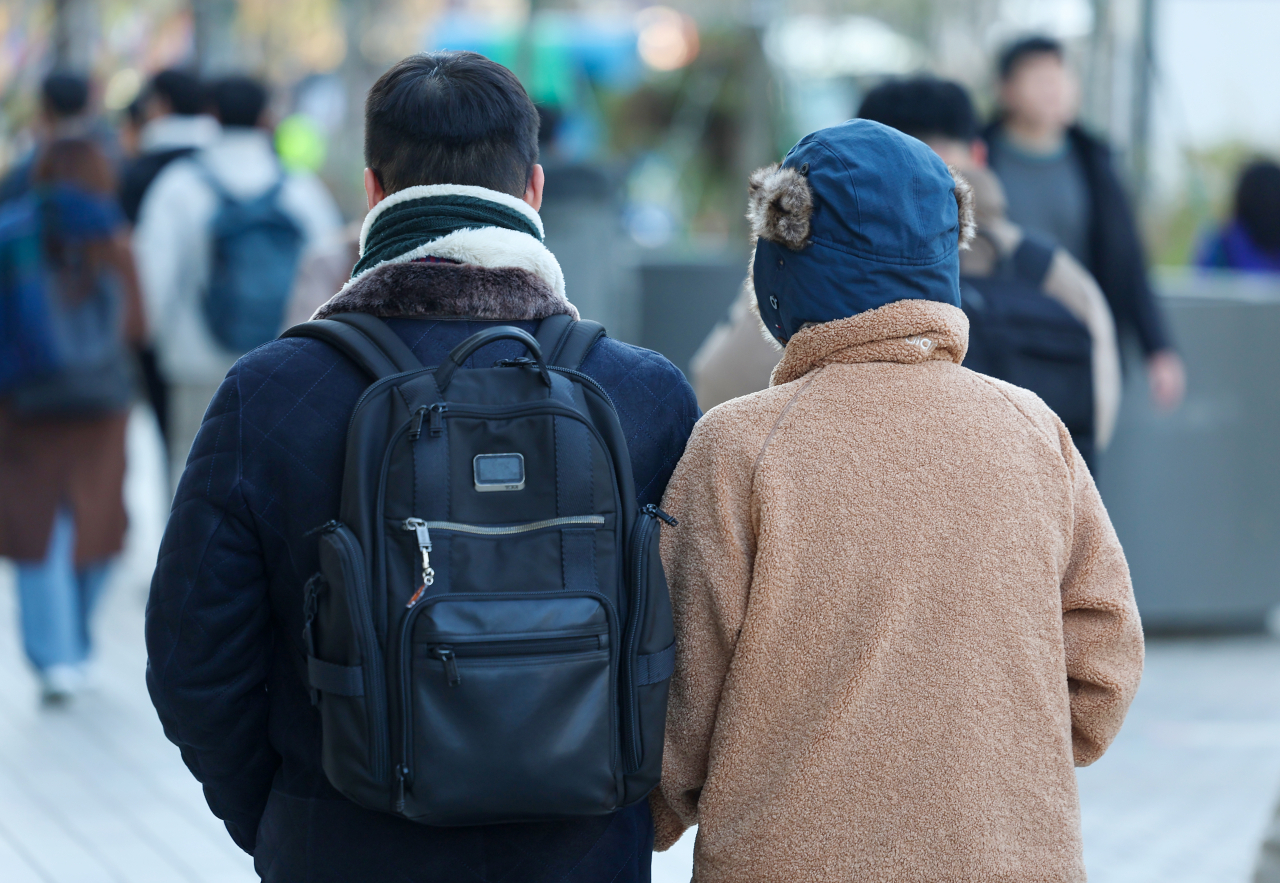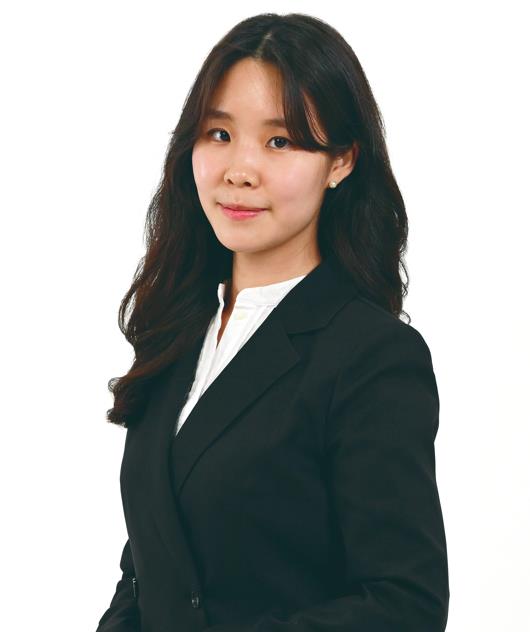Warmer, wetter winter expected: weather agency
Korea could be hit by occasional cold wave
By Lee Jung-younPublished : Nov. 23, 2023 - 14:09

This winter is expected to be warmer and wetter than usual, due to global warming and El Nino, the Korea Meteorological Administration said Thursday.
Temperatures from December to February next year are likely to be higher than the average years by a 61 to 67 percent chance, the weather agency said in a briefing on its three-month climate forecast.
On a monthly basis, there is a 40 percent probability that the temperatures in those three months will be similar to or higher than the average year and a 50 percent probability that the temperatures in January will be similar to the average year. The weather is likely to be more rainy from January to February, when larger precipitation than usual is expected.
The KMA predicted that El Nino, which warms the surface of the eastern Pacific Ocean, will reduce northerly wind inflows while increasing water vapor inflow from the south, leading to higher-than-average temperatures and higher precipitation. The circulation of high pressure over East Asia could lead to an increase in solar radiation energy, the forecaster added.
Climate forecasting models provided by 11 weather agencies and related institutions around the world -- including the weather agencies of the United States and the United Kingdom -- also predicted that temperatures and precipitation of the Korean Peninsula would be higher than the average year from December this year to February next year, the KMA added.
However, an official explained that it is difficult to conclude that there would be no cold wave just because temperatures are likely to be similar to or higher than usual.
"Careful attention should be paid to the fact that the current Arctic oscillation and sea ice conditions can cause periodic or temporary cold waves," said Cho Kyung-sook, head of the climate forecasting division, during the briefing.
Meanwhile, a cold wave is expected to arrive Friday as temperatures are likely to drop sharply.
The morning temperature in Seoul was 9.9 degrees Celsius Thursday, but it is expected to drop to minus 4 C Friday morning, dropping more than 10 C. A cold wave warning is likely to be issued from late Thursday afternoon, mainly in the central part of the peninsula, the KMA said. Temperatures in Seoul will drop to minus 6 C on Saturday morning.




















